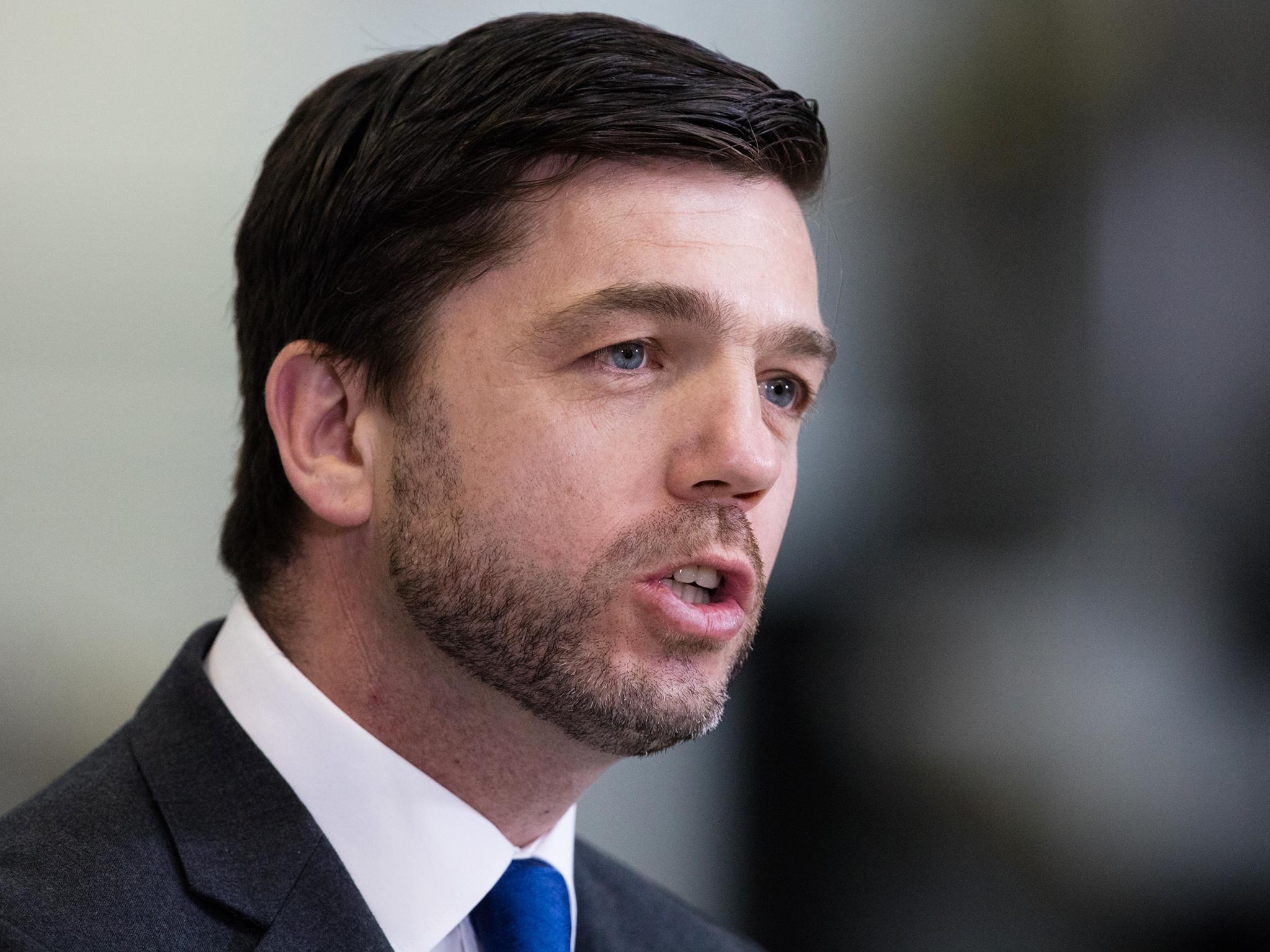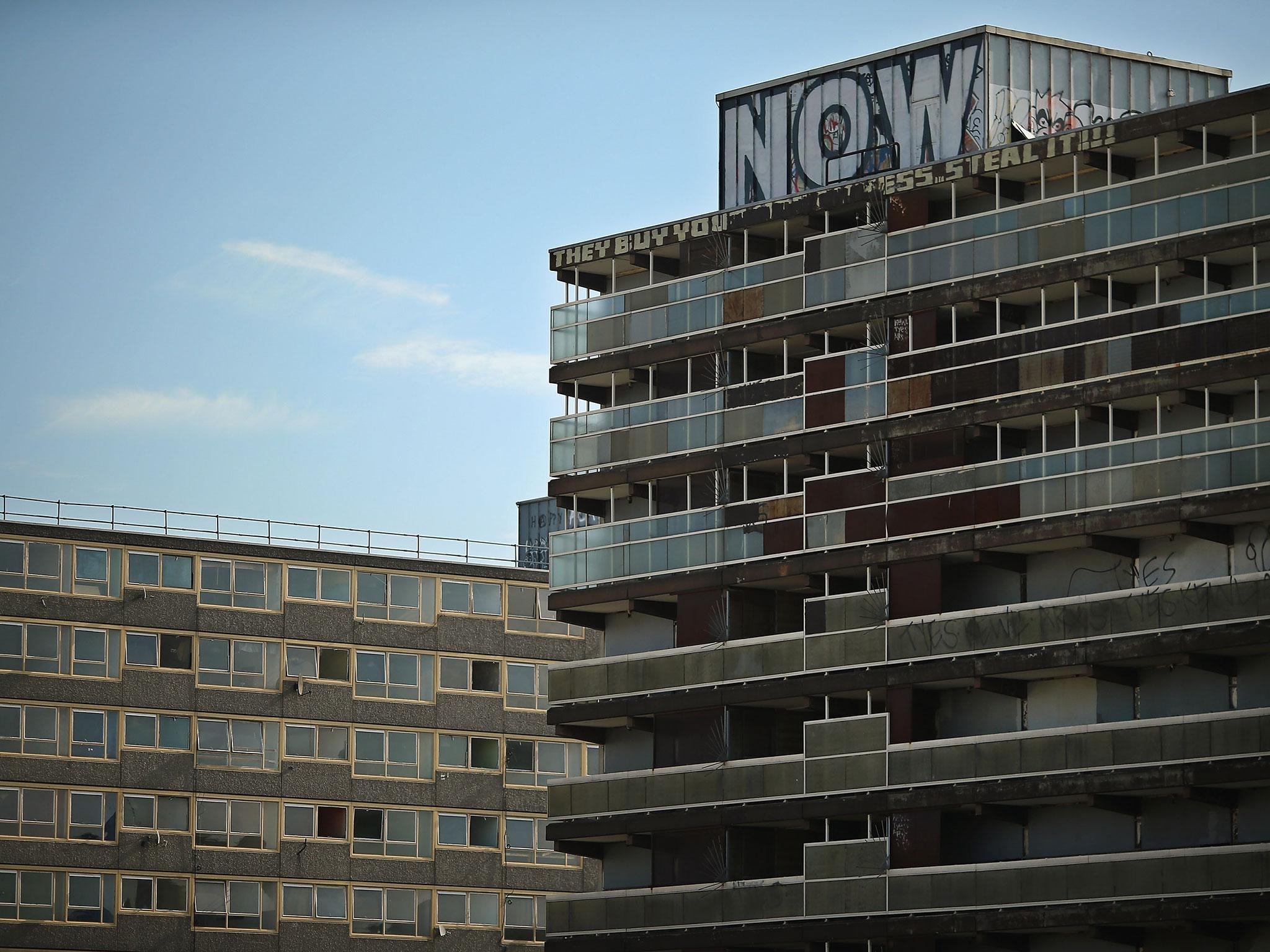Your support helps us to tell the story
From reproductive rights to climate change to Big Tech, The Independent is on the ground when the story is developing. Whether it's investigating the financials of Elon Musk's pro-Trump PAC or producing our latest documentary, 'The A Word', which shines a light on the American women fighting for reproductive rights, we know how important it is to parse out the facts from the messaging.
At such a critical moment in US history, we need reporters on the ground. Your donation allows us to keep sending journalists to speak to both sides of the story.
The Independent is trusted by Americans across the entire political spectrum. And unlike many other quality news outlets, we choose not to lock Americans out of our reporting and analysis with paywalls. We believe quality journalism should be available to everyone, paid for by those who can afford it.
Your support makes all the difference.Child poverty has risen by 200,000 children over the past year, new official figures show. The numbers, released today as the Government faced paralysis in the wake of the EU referendum result, show 29 per cent of children are now classed as being in poverty.
The households below average income (HBAI) statistics for 2014/15, published by the Department for Work and Pensions, reveal that 3.9 million children are now in families struggling to make ends meet. Of those families, two-thirds (66 per cent) have at least one adult in work – with poverty now longer being the preserve of the jobless.
The stark rise comes after the Government changed its alternative measure of child poverty to move the focus away from income and onto worklessness.
Last year the Government also moved to scrap its legally binding child poverty target. It no longer officially recognises the household income statistics as a measurement of child poverty.
Alison Garnham, the chief executive of Child Poverty Action Group, warned ministers against getting distracted by Brexit.
“These grim figures reinforce projections from experts like the Institute for Fiscal Studies and the Resolution Foundation that UK child poverty is set to rise by 50 per cent or more by 2020,” she said. “Our children cannot afford for the Government to be distracted by Brexit and lose control of child poverty.

“A decade ago, when David Cameron became party leader, he promised that under his leadership his party would measure and act on child poverty. It’s a tragedy that we are now talking about rises in child poverty, not falls.
“It’s also hugely depressing that at a time when we’re seeing rising child poverty the Government has passed legislation that eliminates its target to reduce child poverty, or even to report on the progress it is making.
“Child poverty isn’t inevitable – the Government needs to invest in our children so we can all share the rewards of a stronger economy and a fairer society.”
Matthew Reed, the chief executive of The Children’s Society, blamed the rise on austerity.
“These figures are truly dreadful. The Government was repeatedly warned of the likely consequences of reducing support for the poorest people in the country and now we can see the results,” he said.
“Austerity has bitten hard, with an additional 200,000 children living below the poverty line. More children face missing out on hot meals, sleeping in cold bedrooms and being bullied at school. In the longer term, too many young people risk being denied a fair start, with life-changing consequences.
“The Government promotes getting families back to work as the best way of tackling child poverty, but the reality is that two-thirds of children in poverty now live in working families. The four-year freeze to tax credits already in the pipeline will only make things worse. It is crucial that the Government recognises the importance of income to make sure that when parents move into work they move out of poverty.”
He added that the situation was being made worse by the economic uncertainty heaped on Britain by the EU referendum vote last week.
In a statement on the figures, Work and Pensions Secretary, Stephen Crabb ignored the child poverty element and instead focused on other stats showing average household income figures were up.
“Today’s figures are a sign of a strong economy – one that is benefitting people across the UK. Relative low income is down by 300,000 since 2010, household incomes are rising and the number of people in work is at a record high,” he said.
“There is of course still more to do and that’s why our Life Chances Strategy will look at the root causes of poverty whether that’s worklessness, debt or addiction, family break down or educational attainment. It’s only by doing this that we can truly tackle poverty and ensure everyone succeeds in life.”

Join our commenting forum
Join thought-provoking conversations, follow other Independent readers and see their replies
Comments